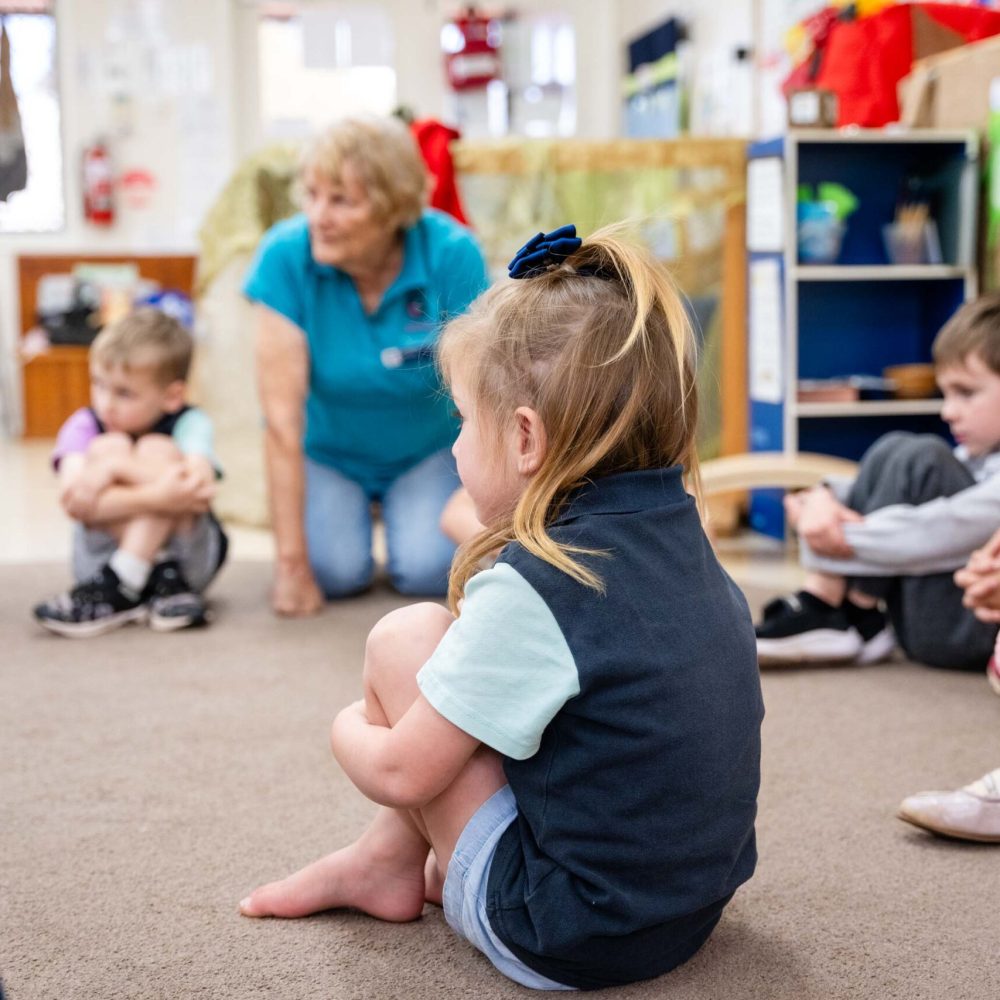Early Years Program
Ready for School!
Maximising children’s opportunities for learning and development is key to effective Kindergarten programs and Prep curricula.
- The Early Years Program is designed for Early Childhood educators and teachers working with children aged 3 to 7 years – from Kindy to Year 2.
- The program works by addressing the underlying factors that can interfere with a child's development.
- Early Childhood Educators are regularly asked to respond to the needs of young children with developmental immaturities that present in a variety of ways including: poor concentration, poor physical ability, speech and language immaturities or poor sensory motor development.
- The Early Years Program provides a practical and simple program to address such issues. However the benefits extend to the whole group, settling them and preparing them for learning.
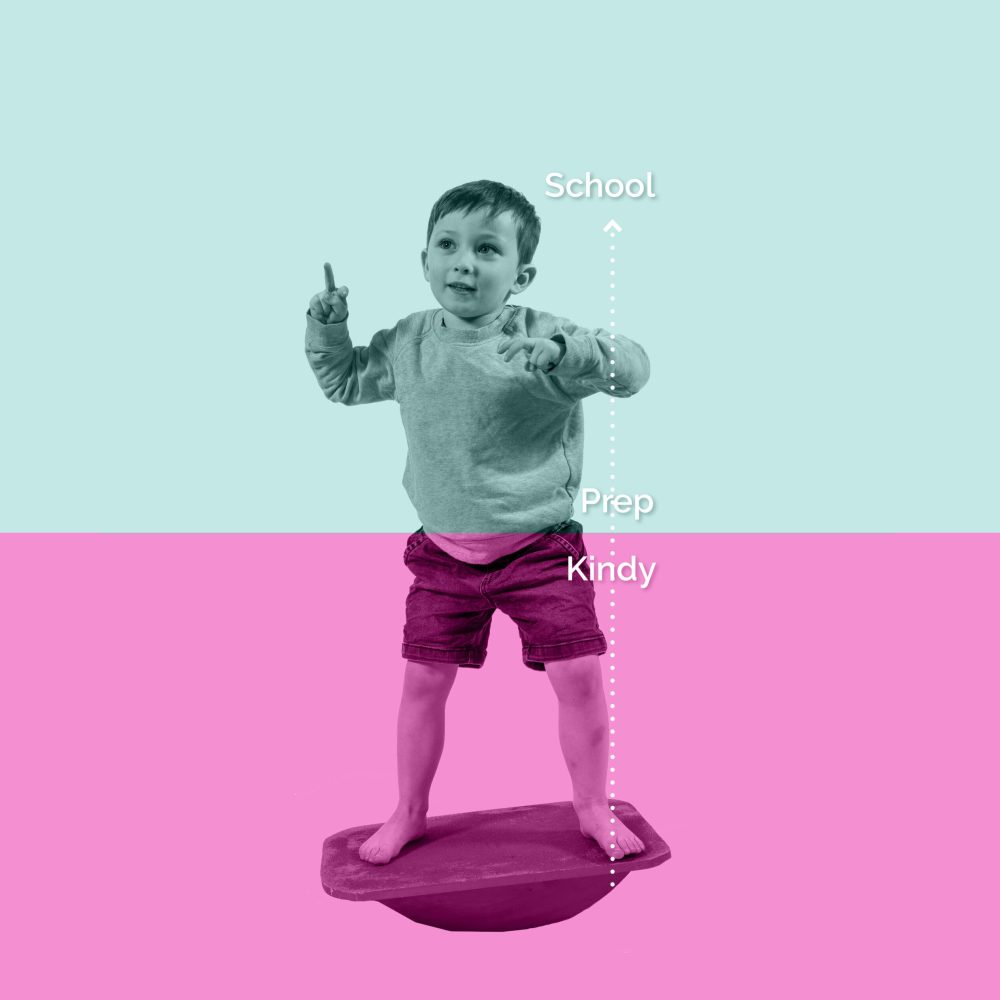
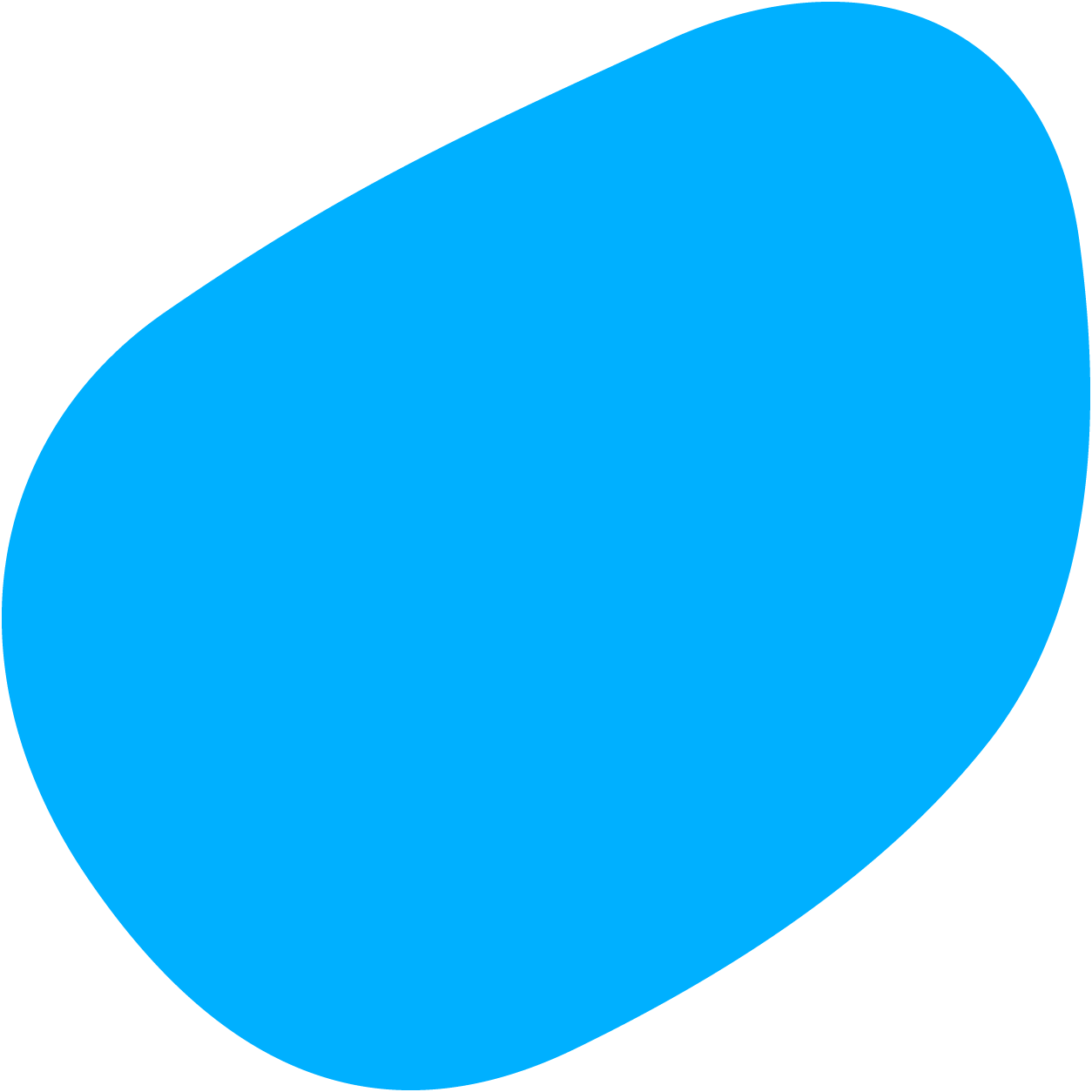
How the Early Years Program works
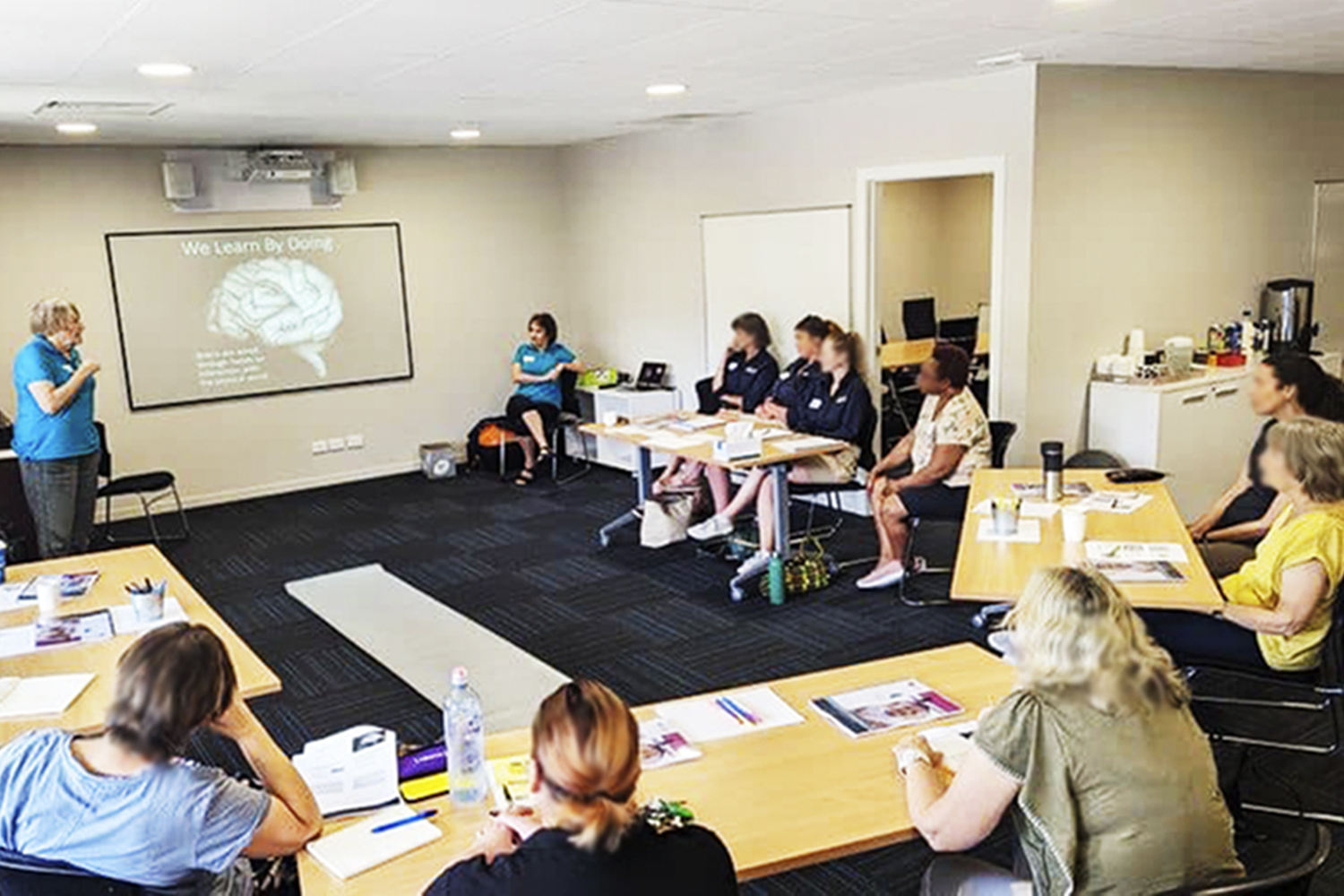
Stage 1
- A two-day educator training workshop which includes hands-on training with the movement activities
- Parent and Community engagement workshop
- Delivered onsite or through our Public Workshops
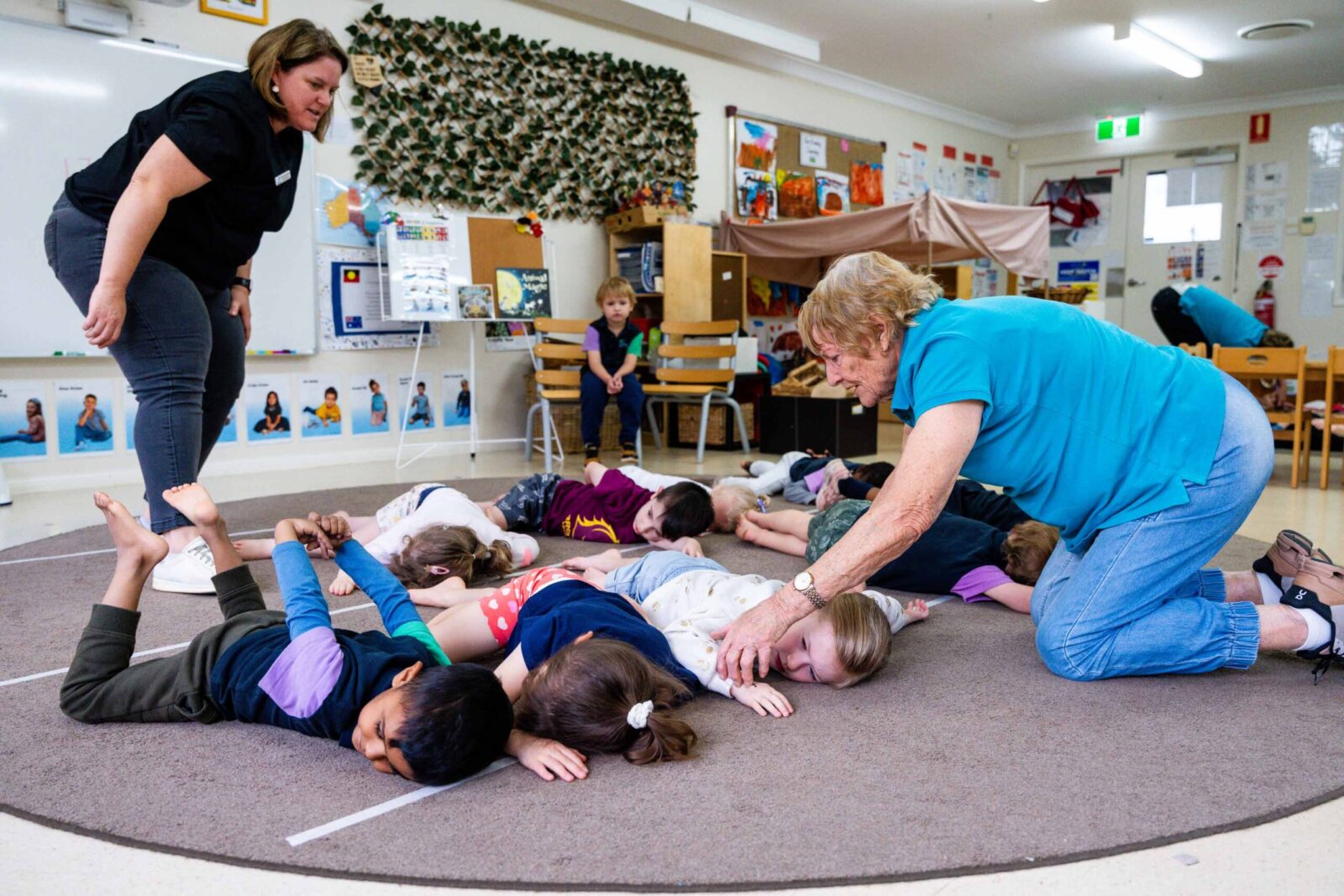
Stage 2
- Typically occurs 4–6 weeks after Stage 1
- Critical to reinforce and strengthen the skills for implementing the Program effectively
- Onsite one day Review (or two half days) to coach and support individual educators to embed the Program, troubleshoot, extend activities and refresh their knowledge
- Hands-on mentoring
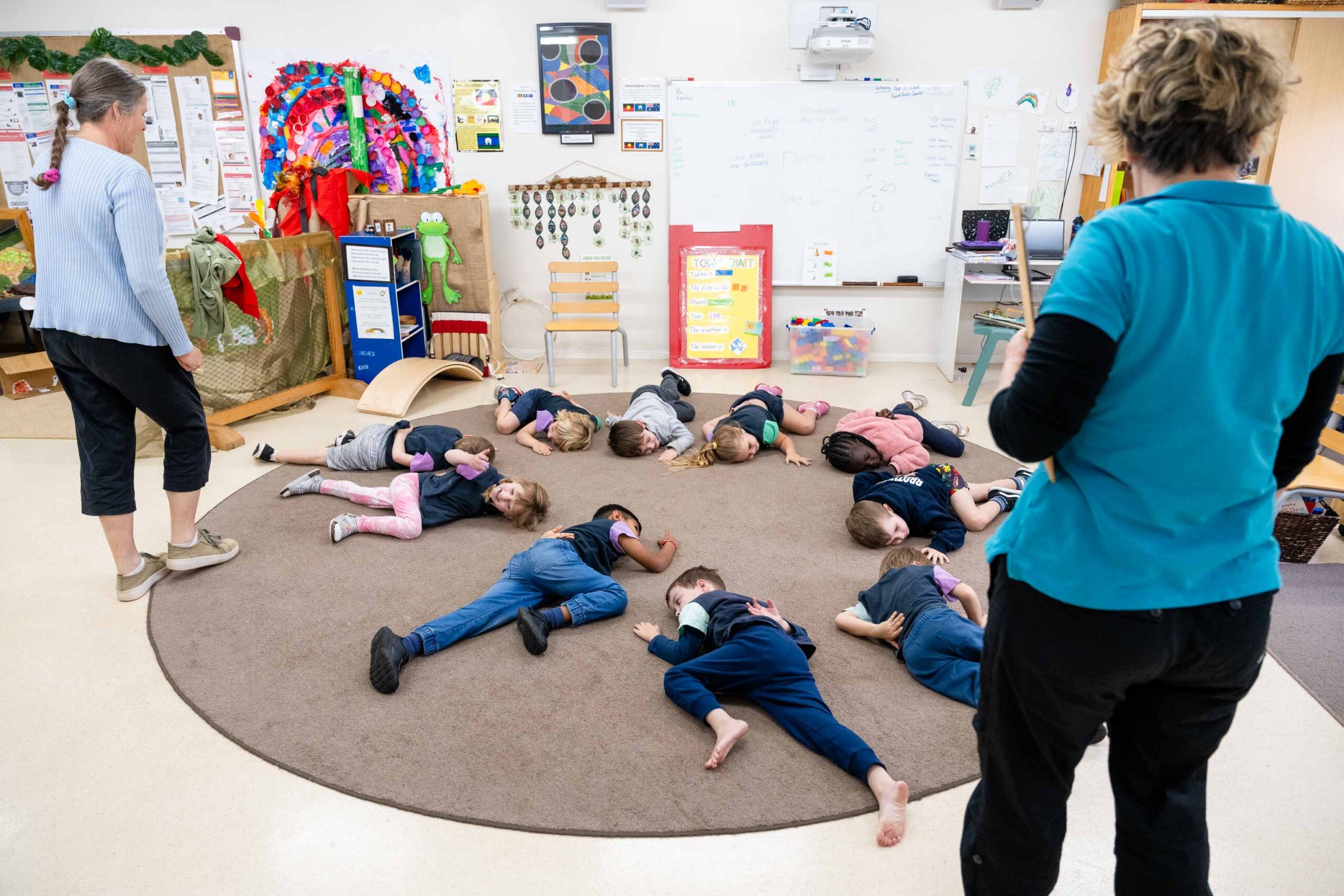
Annual refreshers
- We recommend an annual refresher workshop to ensure continuity
- Replicates the Stage 2 process and includes a half day workshop for educators, centre reviews to mentor individual educators with specific groups
- Also includes a one-hour parent and community engagement workshop, especially to orient parents who are new to the Program
Shay Gililand
Kookaburra Creek Kindergarten
Anna Woodhouse
Kidz at the Beach
Sally Norman
Renown Kindergarten, South Yarra
Theory and Practice combine
Factors contributing to school-readiness and academic learning
Support holistic development
Program Delivery
Partnering with Families
Follow-up is key
Two years are better than one!
Take home resources
All Program participants receive a program manual, a set of flashcards to use as a reminder of the core activities and our ‘5 Minute Moves’ song list – a fun playlist with songs to accompany each of the core activities.
Teachers receive a certificate of completion for the workshop they attend.
Learning Connections’ professional development workshops contribute to Teachers and Early Childhood Educators CDC (Continuing Professional Development), aligning with the following Quality Frameworks: Australian Professional Standards for Teachers: 1, 4 and 7; ACECQA National Standards: Quality Areas 1, 2 and 5.
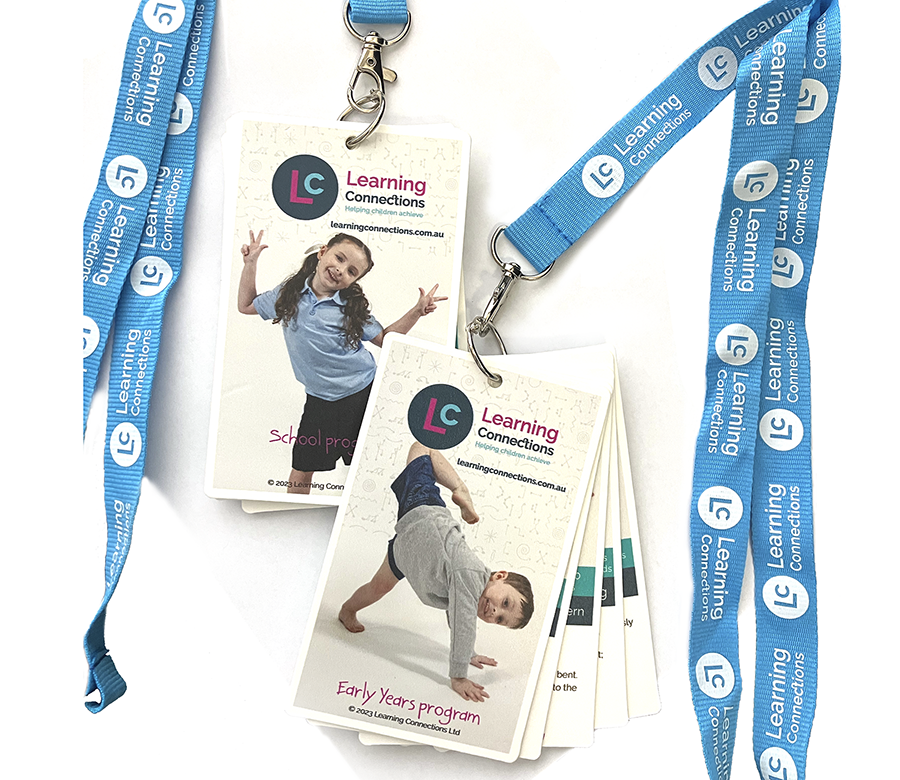
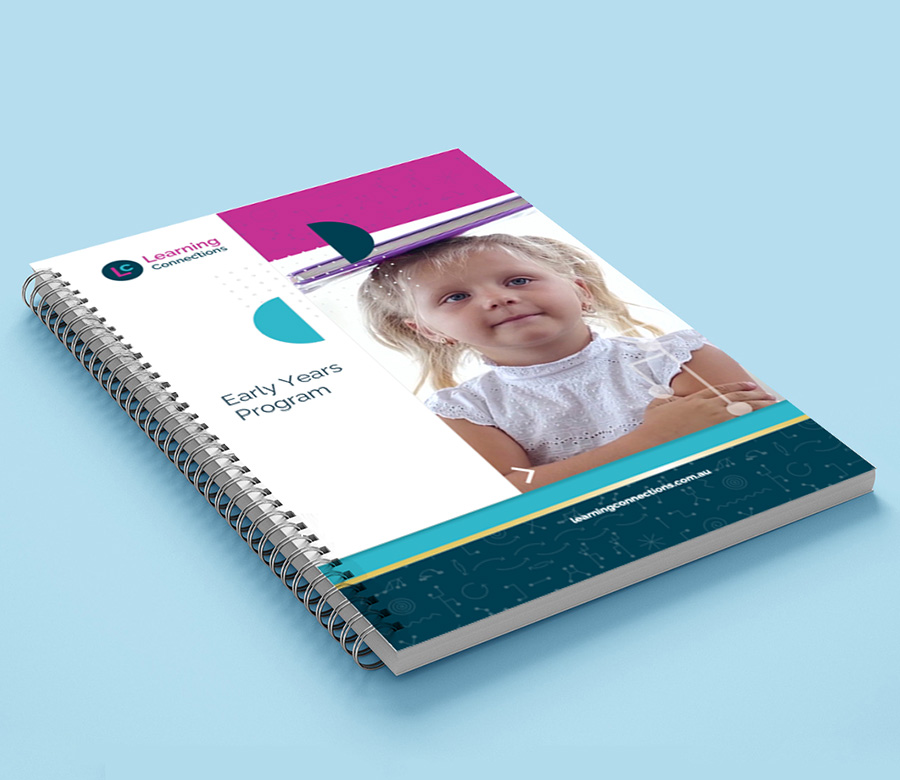

Scope and Sequence Training for the Early Years
The transition from kindergarten to school is a major change for young children – Prep is a whole new world. But the unfamiliar becomes familiar when they see that the Early Years Program continues!
We work with primary schools who offer Pre-foundational to Year 6, as well as independent kindergartens who collaborate with their local primary school to establish the Early Years Program across Kindergarten and Prep, Years 1 and 2 (and for some schools across further years) as part of a K-2 continuity and alignment strategy.
This approach provides significant benefits:
- it consolidates the cognitive and social emotional benefits of the Program, preparing children for learning at school;
- it provides continuity and a familiar routine for children (and parents!);
- there is a tangible connection between the Kindergarten learning program and the Prep curriculum. Our programs support both the EYLF and the Australian Curriculum;
- For the Kindergarten and Prep teachers, the shared delivery of the Early Years Program strengthens collaboration and supports continuity and alignment goals. It also provides opportunities for schools and kindergartens to reduce costs by pooling their resources to establish the Program.
Central to our work supporting K-2 initiatives is our Scope and Sequence Training Program which assists teachers and educators with the planning and implementation of the Early Years and School Programs across the transition from Kindergarten to Prep and into Years 1 and 2 (and beyond).
Explore the format and content below:
Scope and Sequence Training Program
There are two key elements to the Training Program:
- A Scope and Sequence Workshop (either one day or two); and
- Two-hour year-level Planning Workshops for teams of teachers/educators from each year-level.
The Scope and Sequence Training is delivered in two formats depending on participants’ prior training and experience implementing Learning Connections’ Programs:
Format 1
For teachers and educators who have completed Stage 1 and Stage 2 of either the Learning Connections’ Early Years or School Program a one-day Scope and Sequence Workshop is offered.
Format 2
For teachers and educators who haven’t completed Stage 1 and Stage 2 of either Early Years or School Program the content of the one-day scope and sequence training is incorporated into the Stage 1 Two-day Workshop.
Scope and Sequence Workshop Content
The Scope and Sequence Workshop (in either format) steps teachers and educators through a simple process to develop their plan for the delivery of the Program activities that will best support the specific needs of the children in their class or centre and provide continuity across the transition years.
Key topics include:
- RECAP – review of the science and evidence base supporting the Program and how the Core Activities work;
- Overview of our approach and guidelines for Scope and Sequence;
- Scope in detail – when and how to use the preparatory and extension activities accompanying each Core Activity;
- Sequencing – guidelines for planning and implementing the activities across year levels and four terms in response to the needs of each class or group.
The workshop resources include a set of charts that supports these scope and sequencing exercises, providing guidelines and suggestions for:
- varying the Program activities along a simple three-point developmentally sequenced progression, anchored in the Core Activities; and
- sequencing the activities across the year levels and four terms as described above.

Planning Sessions – for each Year Level Team
Following the whole-of-group training workshop, a series of two-hour planning workshops are conducted with teams of teachers and educators from each year level to plan the implementation of the scope and sequence across the four terms of their year.
These “break-out” group sessions provide the opportunity for teachers and educators at each year level to discuss and plan the application of the scope and sequencing guidelines to their specific year level and individual group or class needs. The sessions include:
- identifying where the preparatory and extension activities will be most beneficial;
- preparing a tailored four-term sequencing program; and
- incorporating the “five-minute moves” song list into their program.
Where year level team numbers are small we can combine teams from two year levels into the same session.
“Our educators now have a go-to resource to support program planning and implementation.”
Emily Begbie, Assistant Head of Junior School Learning and Teaching, Radford College Share
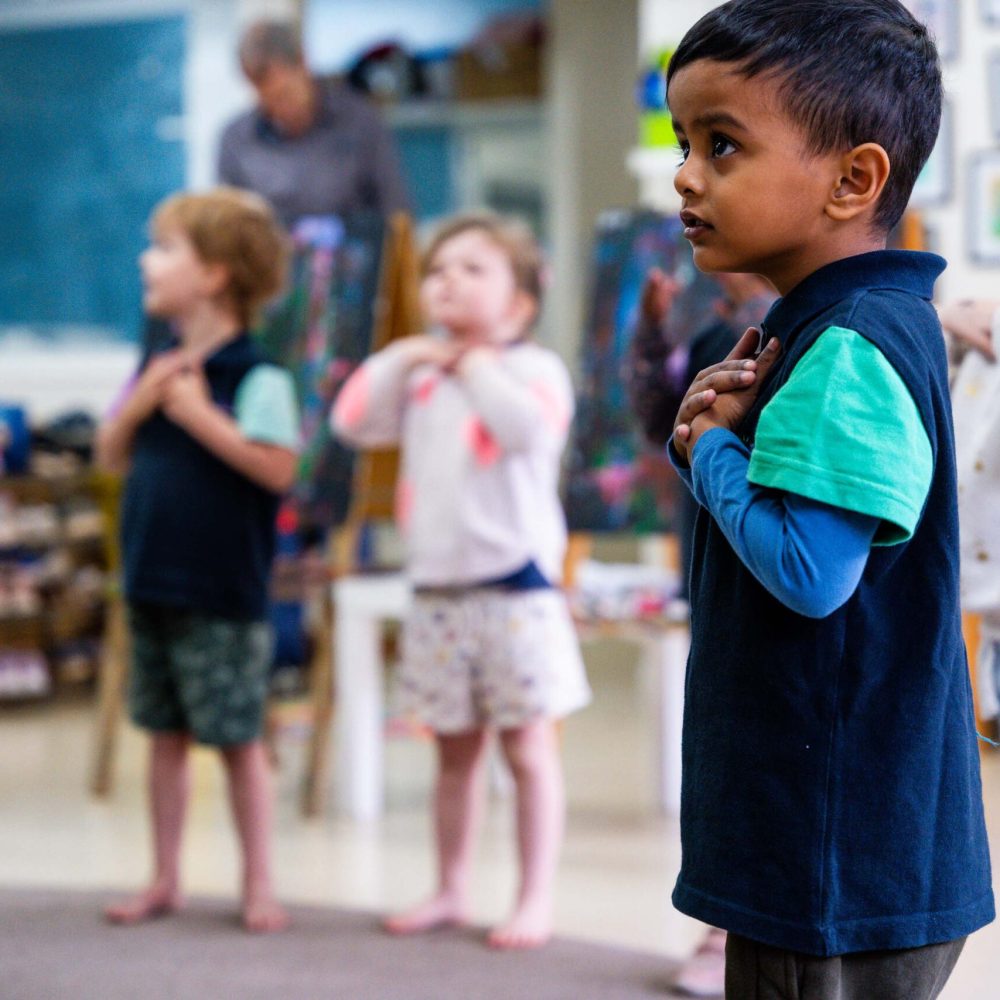
Let's develop a proposal together
Provide us with some basic information and let’s organise a time to talk. We write a tailored proposal for each of our clients, and happily answer any questions you have before committing to introducing the Early Years Program into your centre or conducting specific training.
Prefer a Public Workshop instead? Check here if any are scheduled near you.

